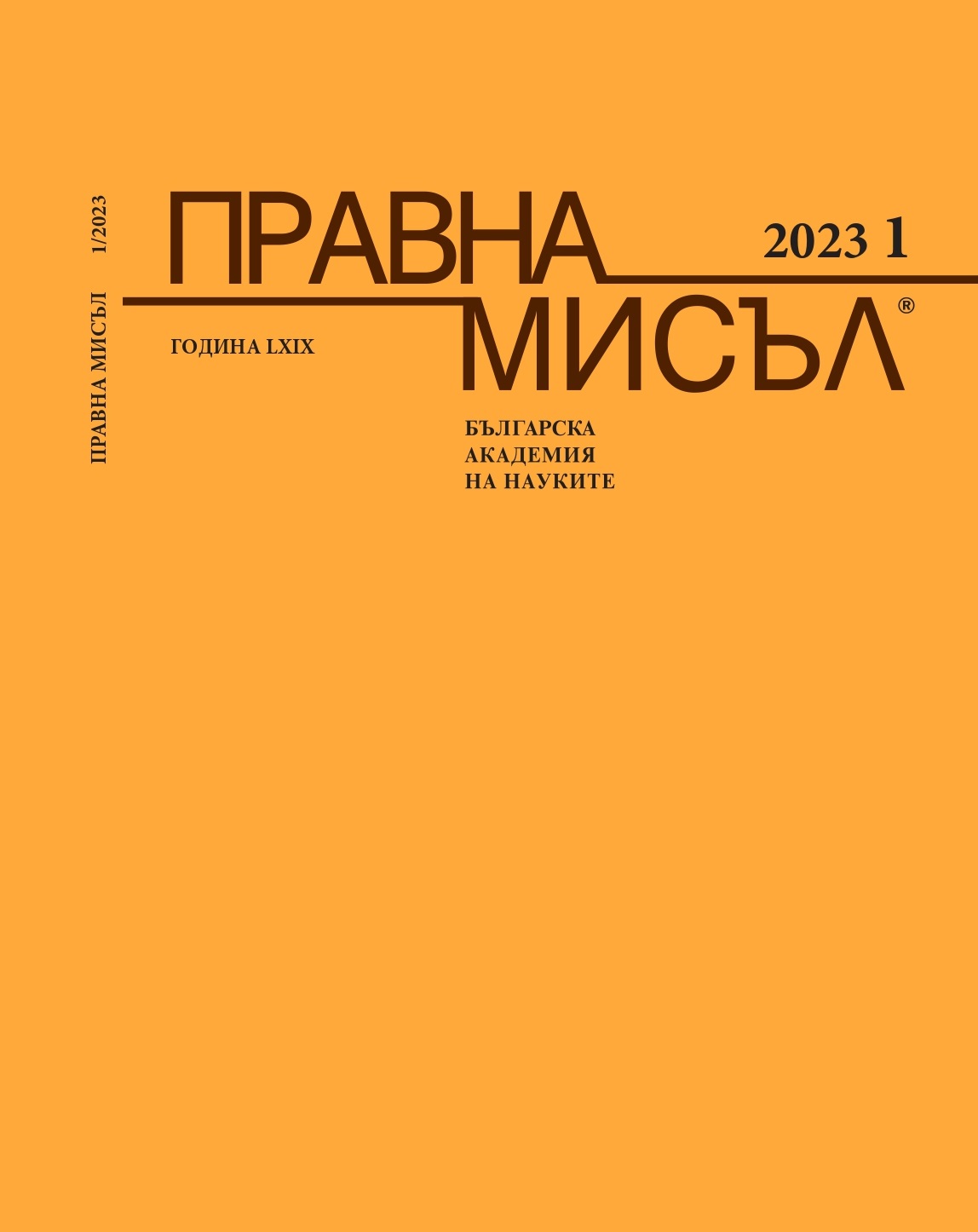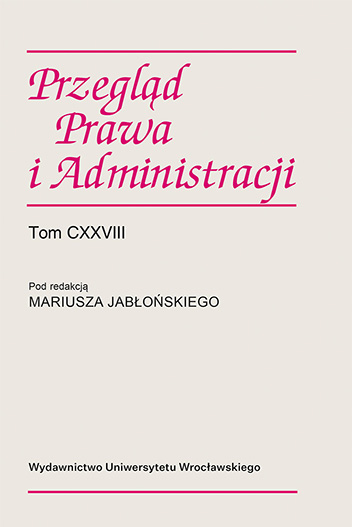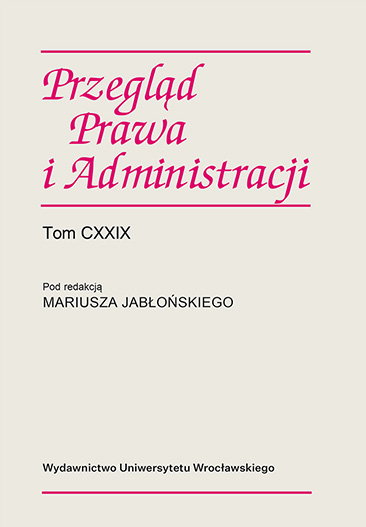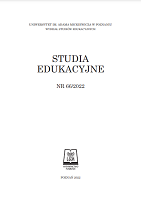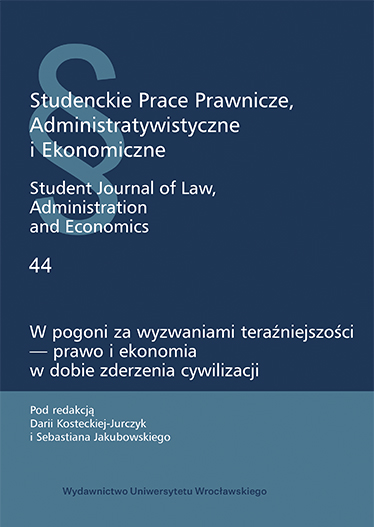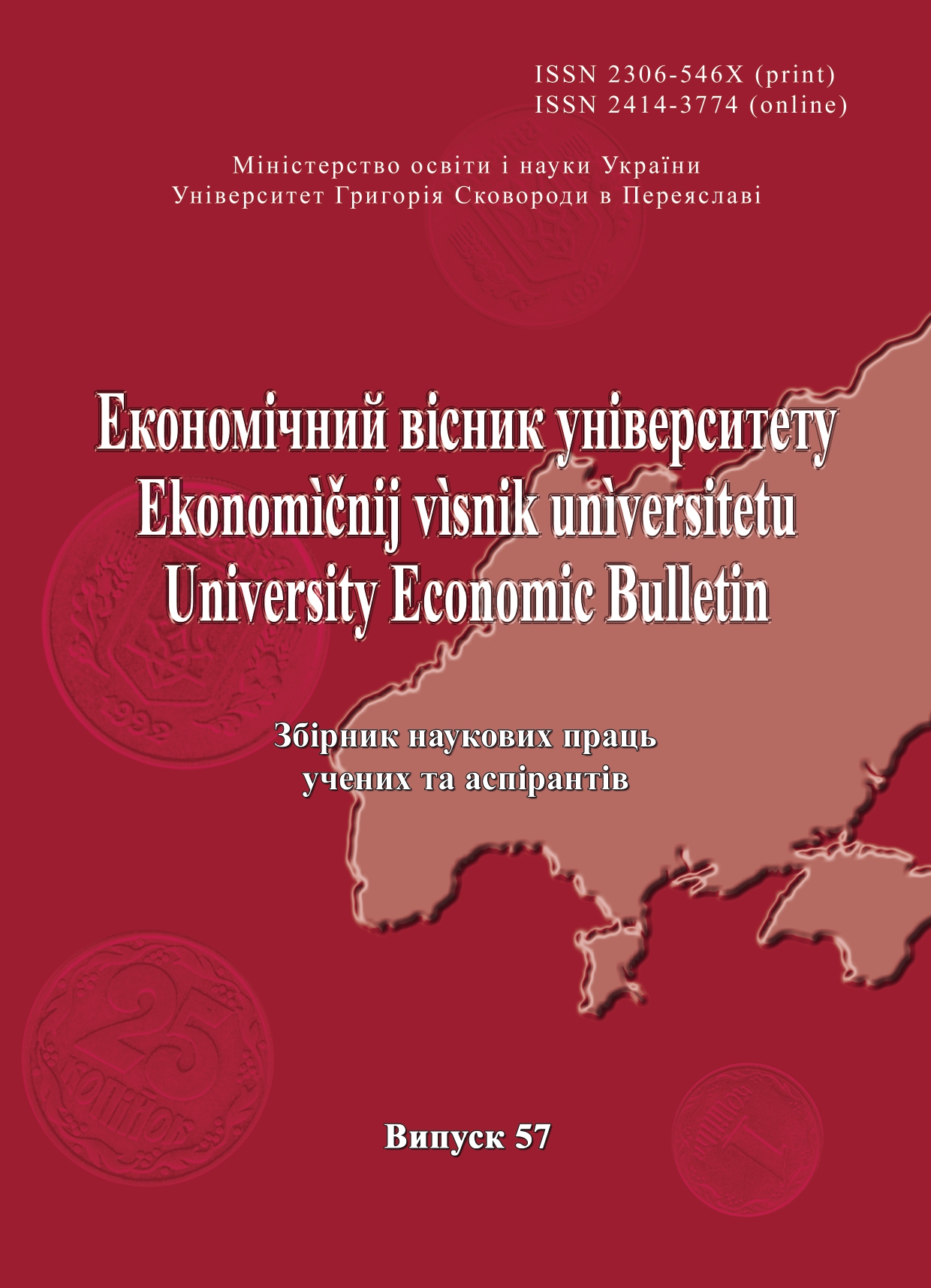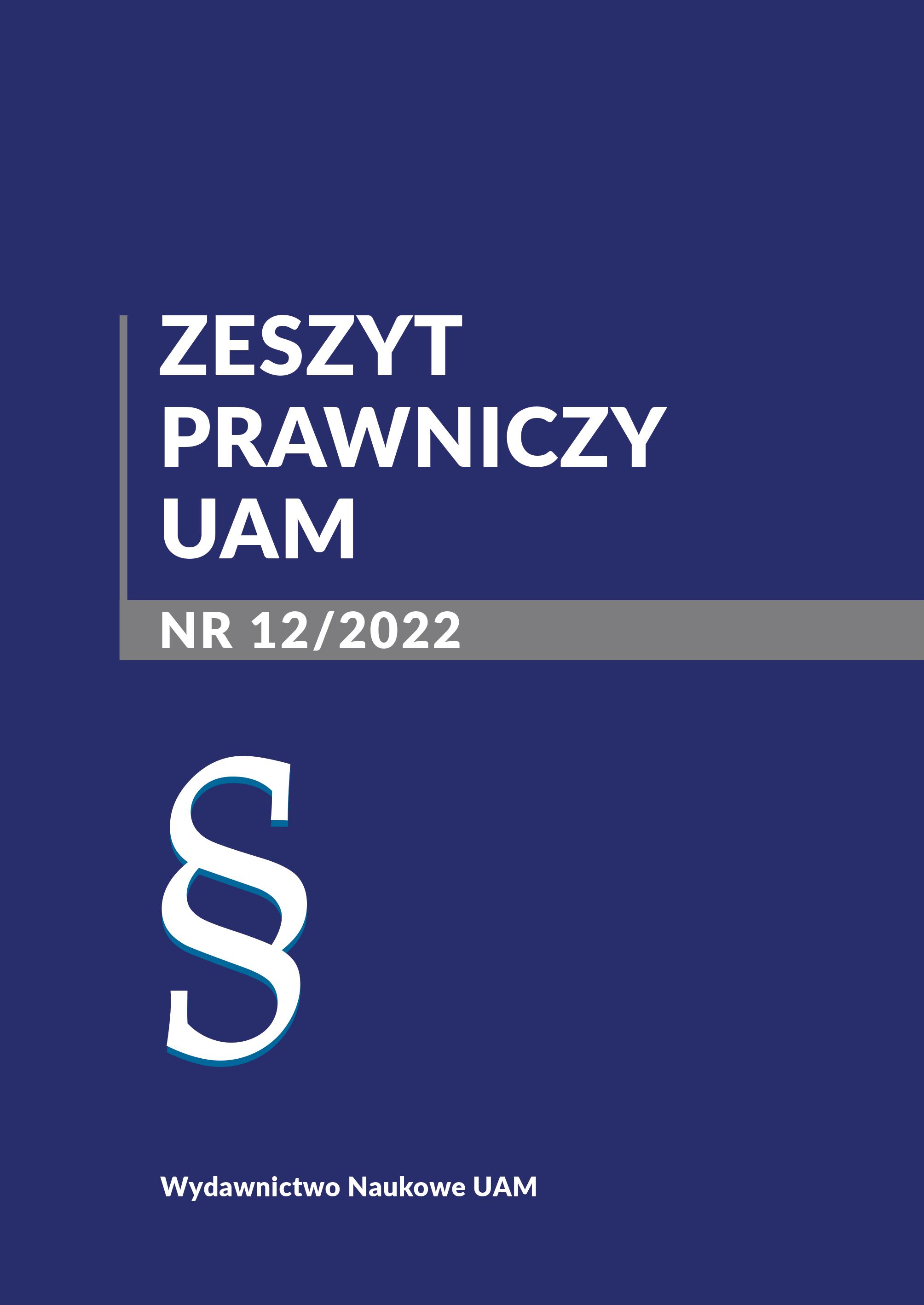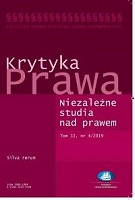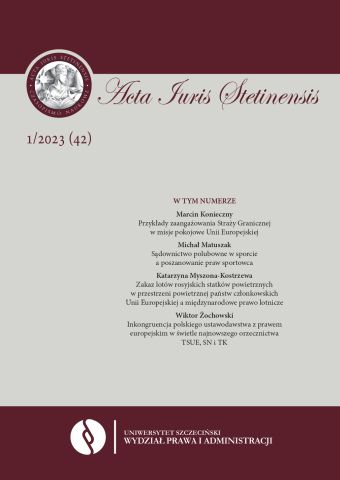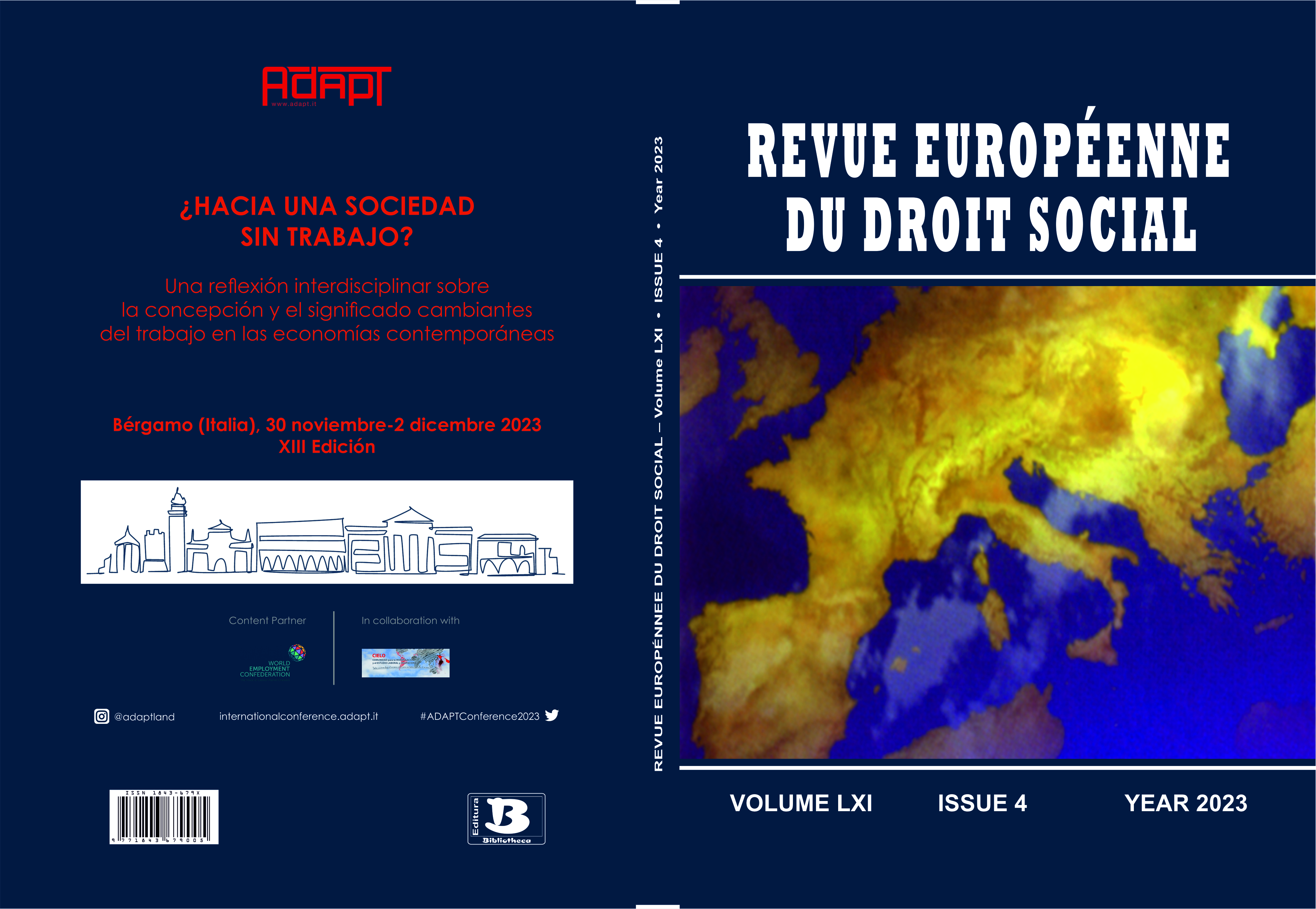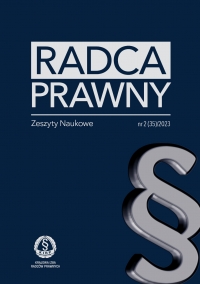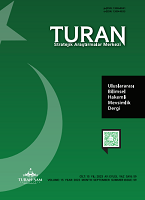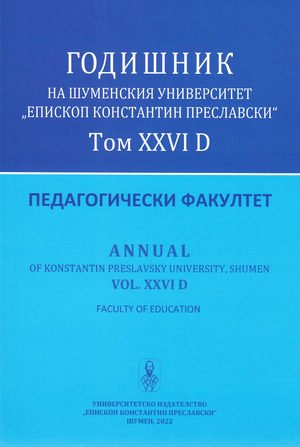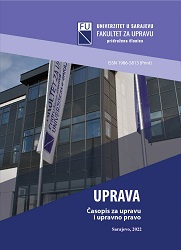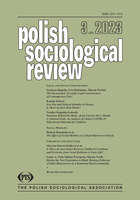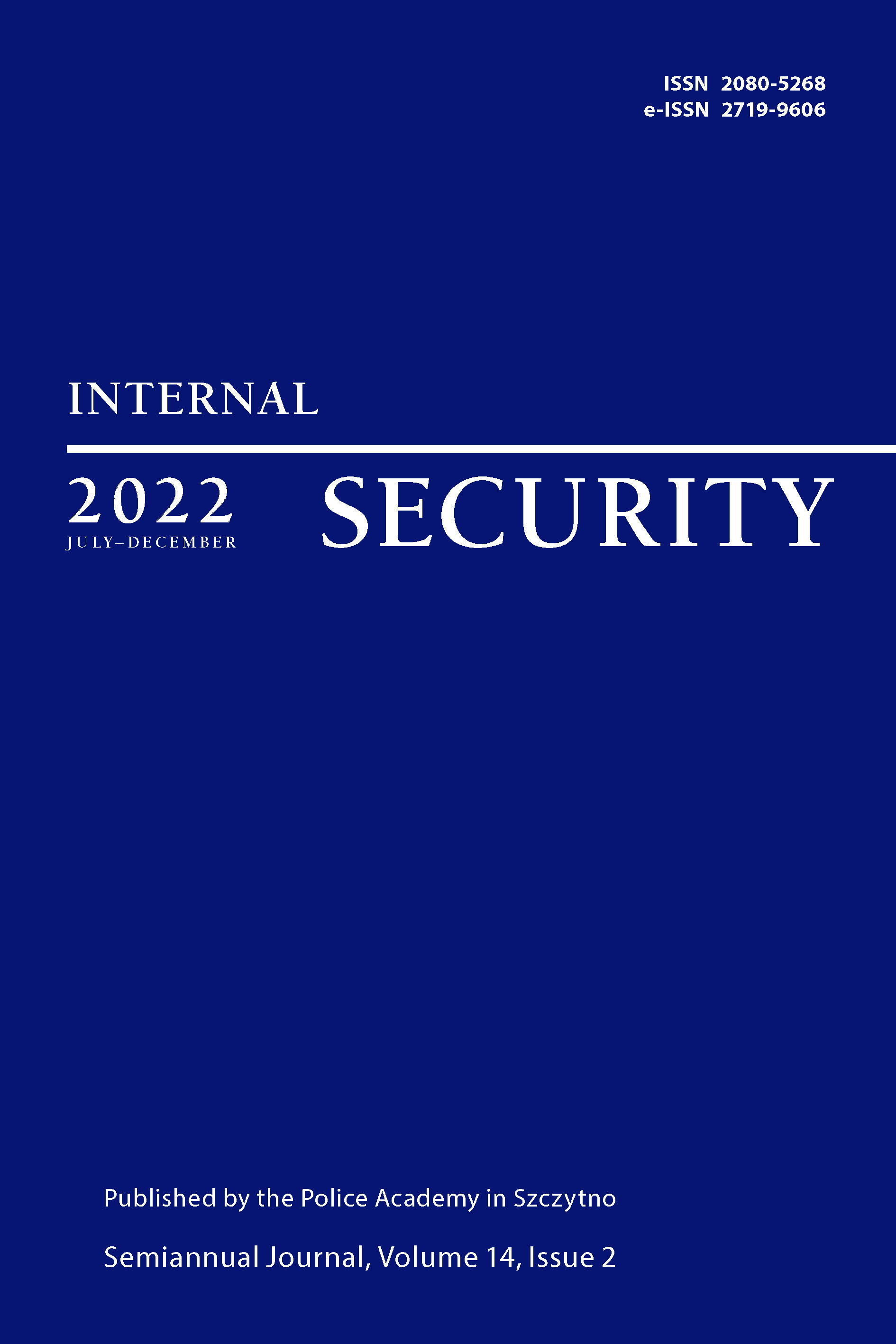Author(s): Ljudmila Shimchenko / Language(s): Ukrainian
Issue: 57/2023
The subject of the research is security guarantees and legal opportunities of Ukrainian migrants in the conditions of Russia's wars against Ukraine. The purpose of the study is to determine the elements of the phenomenon of Ukrainian migration processes in the conditions of Russia's aggression against Ukraine. Research methods. In order to solve the research tasks, a systematic approach, methods of generalization, analysis, and synthesis were used, which made it possible to ensure the conceptual unity of the research. The results of the work: The article substantiates the phenomenon of Ukrainian labor migration to European countries in the period preceding Russia's full-scale aggression against Ukraine; it was determined that the risk was, and in the period of 2022-2023, the problem of non-return of Ukrainian citizens to their homeland became even more apparent. The system of compliance with security guarantees by European countries for Ukrainian refugees, in accordance with the norms of Council Directive 2001/55/EC of July 20, 2001 on the right to residence, medical services and education, was analyzed. The phenomenon of large-scale assistance to Ukrainian refugees in accommodation, legal and financial protection has been determined; attention was paid to assistance in finding a job, learning the language of the country of residence, and providing educational services to the children of forced migrants. Attention is drawn to the deportation phenomenon applied by Russia in relation to the Ukrainian population of the occupied territories, especially children. Conclusions. Migration, as a person's willingness to move due to the contradiction between needs and opportunities, has become so acute that the phenomenon has manifested itself in the number 12-16 million people and the form of manifestation: internally displaced people and refugees to other countries. If before the beginning of the full-scale Russian invasion of Ukraine, the main motives were: dissatisfaction with the level of well-being, insufficient respect and recognition, the impossibility of self-realization in a permanent place of residence, then during the war the priority became the need for survival. The phenomenon was manifested in the level of acceptance of Ukrainian refugees in the world, especially European states: humanitarian support, provision of shelter in private homes, formation of housing challenges for relatives, friends, acquaintances and, even, foreign Ukrainians; assistance of the Ukrainian diaspora; joint rallies to condemn the war against Ukraine; financial assistance for the treatment of seriously injured Ukrainians... The very process of movement of Ukrainian refugees across the border during the beginning of the full-scale Russian invasion of Ukraine in February 2022 became a phenomenon of this time: the introduction by the European Union of the Directive on temporary protection in the event of a mass arrival of people; approved EU plan for ensuring preparedness for migration and crisis situations; operation of transport and information centers and temporary registration platforms, protection of children during displacement, development of a joint plan to combat human trafficking... All actions take place within the limits of legal guarantees.
More...
